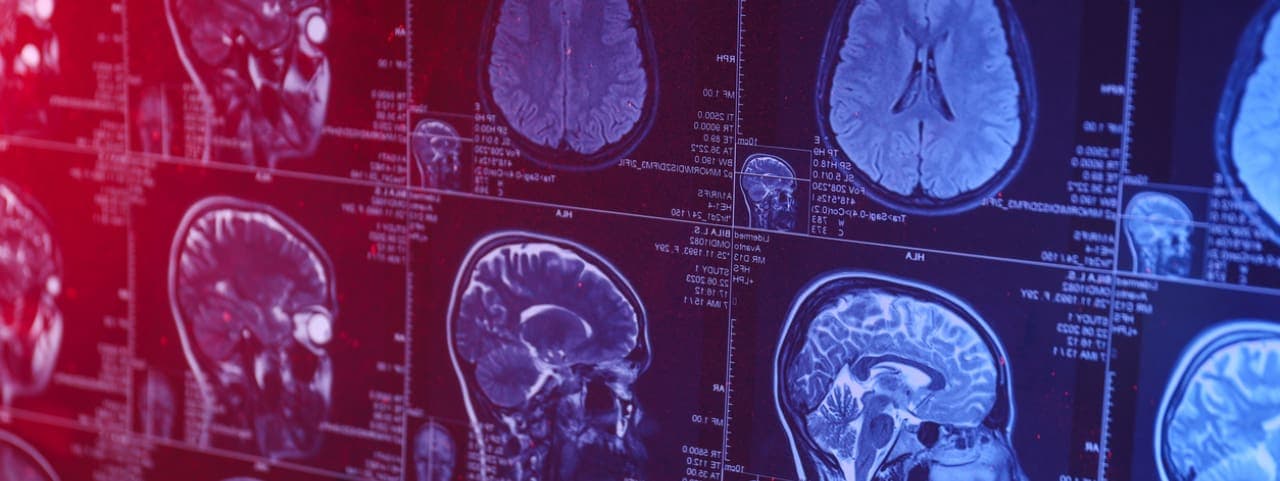Cannabis FAQ: How does weed affect your emotions?

Article written by

April AcernoContent Writer
Content reviewed by

Deborah Garcia DNP FNP-BCMedical Reviewer
Compounds in cannabis, including tetrahydrocannabinol (THC) and cannabidiol (CBD), interact with receptors in your brain that can affect your emotions. As a result, some people notice mood changes after using cannabis, such as euphoria, relaxation, or anxiety.
The relationship between cannabis and emotions is complex. It’s also influenced by many factors, including your overall mental health and the cannabis dose used.
Find out how cannabis can affect your emotions, and why these effects can be different for everyone.
Get your medical marijuana card
Why does weed make you emotional?
Researchers still have a lot to learn about why cannabis makes people feel emotional. But existing research suggests that cannabis may impact your emotions via your endocannabinoid system.
The endocannabinoid system is a network of receptors and chemical messengers that helps regulate many functions in your body, including emotions and mood.
The cannabinoids in cannabis, including THC and CBD, interact with this system and stimulate the release of mood-boosting brain chemicals, like serotonin and dopamine.
Some people experience strong emotions after using cannabis, such as euphoria or sadness. For others, using cannabis can dampen emotions or have no emotional impact at all.
The emotions you feel after using cannabis can vary based on your:
- Emotional state prior to using cannabis
- Circumstances and environment at the time of use
- Overall mental health
- Cannabis dose and strain
- Length and frequency of use
How does cannabis affect fear and stress?
Cannabis has mixed effects on fear and stress, and research is still limited.
Findings from one small study suggest that THC may lower fear response by interacting with receptors in the amygdala, a part of the brain that processes emotions and fear.
However, this study included only 16 male participants. Larger, more diverse studies are needed to confirm this effect in a wider population.
It’s also important to note that THC, especially in high doses, may lead to anxiety and paranoia in some people.
Cannabis may also interact with receptors in the body’s hypothalamic-pituitary-adrenal (HPA) axis, which helps regulate stress. When THC interacts with the HPA axis, especially at high levels, it can intensify the stress response.
One review notes that cannabis may help with stress management, but long-term use may diminish this effect over time. Another small study of 42 individuals found that long-term cannabis use can shift how the body responds to stress.
Findings from a survey of 852 cannabis users found that people with underlying emotional dysregulation may be more likely to develop a dependency on cannabis, especially when they go through high levels of stress.
More studies are needed to fully understand how cannabis affects fear, stress, and other emotions.
Does weed numb emotions?
Some people report that using cannabis can “numb” their emotions. But there’s little research to explain why this may be.
One small study of 14 regular cannabis users found that long-term use led to decreased dopamine response. Dopamine plays a role in the brain’s reward system, which drives motivation and pleasure.
Some research has found that low dopamine levels can lead to anhedonia, or the inability to find pleasure in activities that were once enjoyable. Anhedonia may lead to feelings of apathy and emotional numbness.
Other research suggests that depersonalization can be a side effect of cannabis use, especially among people with anxiety disorders. Depersonalization is a mental health condition that can cause:
- Emotional numbness
- Detachment from one’s thoughts, body, or surroundings
- Difficulty focusing and making decisions
Still, more studies are needed to understand how and why cannabis may dampen certain emotions.
Can weed make you angry?
It’s possible to feel anger after consuming cannabis.
While many people use cannabis to relax, some may feel anger, irritability, or anxiety with use — especially at high doses.
There’s little research on why this happens, or whether feeling angry prior to cannabis use makes this side effect more likely.
Do true feelings come out when high?
It’s not clear if being high on cannabis makes your true feelings show.
Similar to alcohol, cannabis can lower your inhibitions and make you more likely to express your deep thoughts and feelings.
That said, cannabis also affects how your brain processes feelings. Therefore, the emotions you feel while high may not reflect your usual feelings.
Does weed ruin your mood?
Cannabis can affect mood in different ways.
Some people may feel relaxed or happy. Others may experience irritability, anxiety, or paranoia with high doses of THC. It’s also possible for cannabis to have no effect on your mood at all.
If you’re worried about cannabis negatively affecting your mood, consider these tips:
- Start low and go slow: The effects of cannabis vary depending on your dose. Try starting with a low dose, like 3 to 5 milligrams (mg) of THC or less. Then, only increase your dose slowly over time, as needed and tolerated, to achieve the necessary therapeutic benefits.
- Keep a journal: Your mood may be more affected by certain cannabis products, strains, or dosage levels. Keeping a journal can help you monitor how these factors affect your mood.


